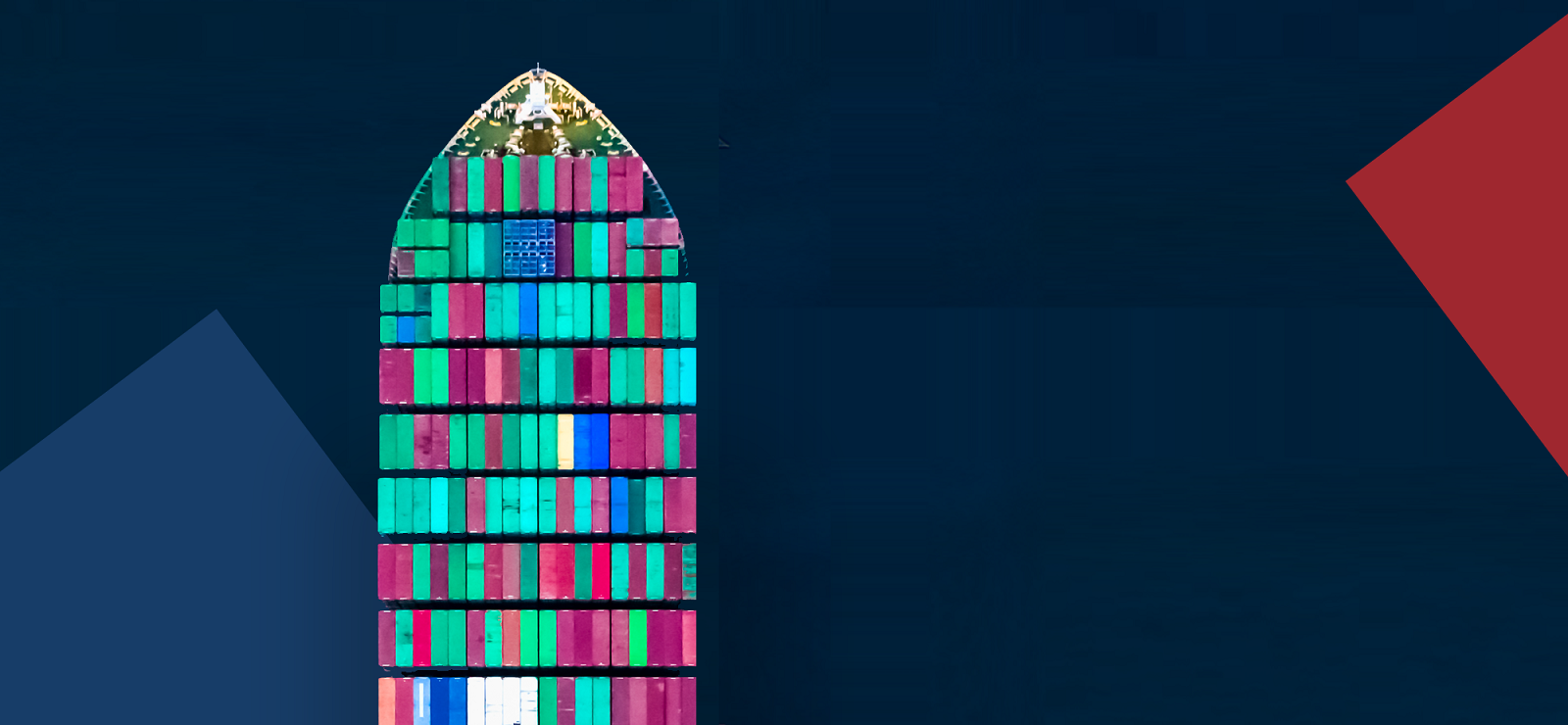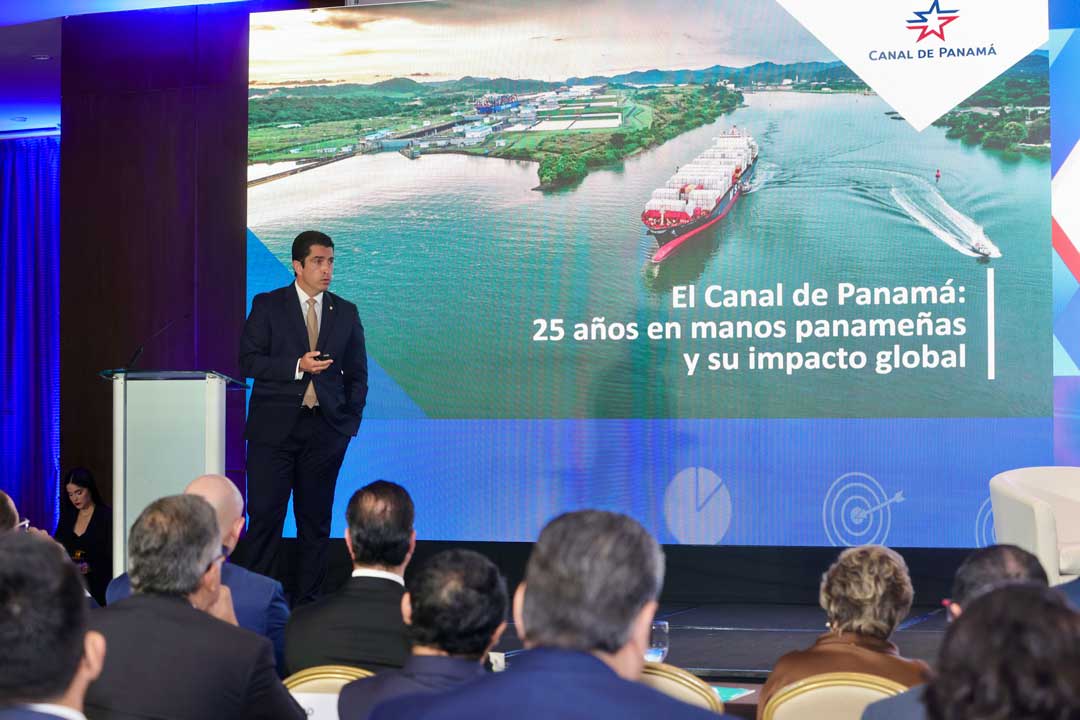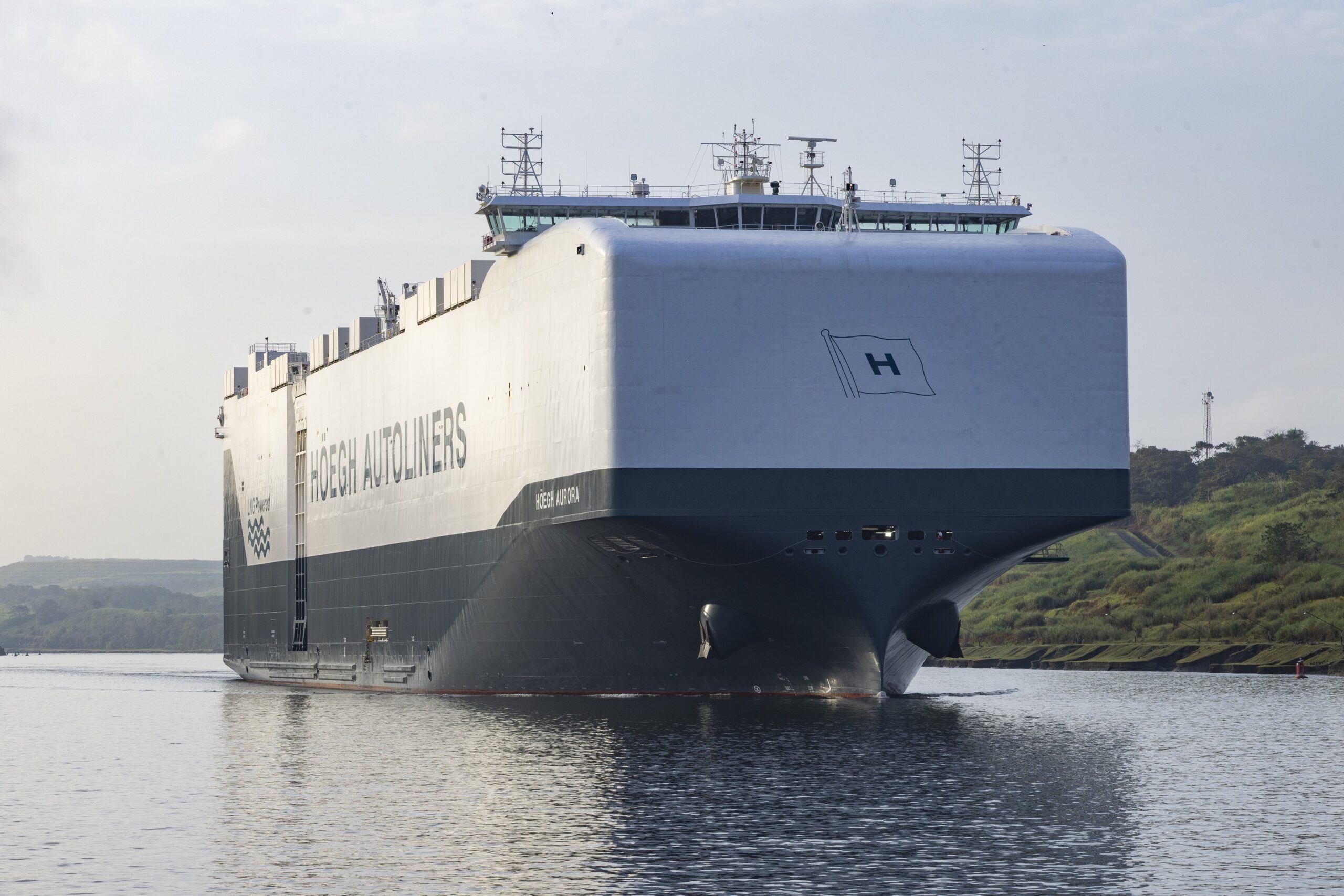PANAMA CANAL AUTHORITY (ACP) HOSTS JASON PROJECT
PANAMA CITY, Panama, February 10, 2004 – The rainforests of the Barro Colorado Island in Gatun Lake, located along the Panama Canal, was inhabited by more life than usual when 24 students and six teachers were welcomed by the Panama Canal Authority (ACP) from January 26 to February 6, 2004, joining scientists and researchers for the 15th Annual JASON Project: Rainforests at the Crossroads. While in Panama, teachers and students, or “Argonauts” investigated the geological history of the Canal watershed at the Barro Colorado Island’s Smithsonian Tropical Institute. The students researched and monitored the rainforest to understand how the region functions and changes through time, and also examined how human technology influences its geography, hydrology and biology. Their adventures were broadcast daily on the Internet.
The “Argonauts” slept in the rainforests and embarked on several adventures during their days, including being hoisted to the tops of canopy trees and taking a trip through part of the Canal.
The ACP hosted at its New Miraflores Visitor’s Center a Primary Interactive Network Site (PINS), a location for Panamanian students and teachers to view the two-week long live broadcasts.
The ACP also provided behind-the-scenes tours for VIPs and offered special Canal services.
Panama Canal Administrator Alberto Alemán Zubieta stated: “The ACP is proud to be part of the JASON Project. As stewards of the Canal and its watershed, we were delighted to assist these students in their expedition. Indeed, JASON’s founder, Dr. Robert Ballard, has created a truly dynamic and innovative program that is a great blend of hands-on learning and technology. We were pleased that we could help make the project a success.”
Since the JASON Project’s inception in 1989, millions of students have explored a number of exotic locations, including the Galapagos Islands, the Mediterranean, the Sea of Cortez, among others, through on-line components, pre-produced video, live interactive broadcasts, etc. A 501(c)(3) non-profit educational organization headquartered in Needham, Massachusetts, the JASON Foundation for Education seeks to inspire in students a lifelong passion to pursue learning in science, math and technology through exploration and discovery.
Prior to its relationship with the JASON Foundation, the Canal initiated in 2001 a school outreach program entitled, “El Canal de Todos,” in which high school students and teachers are invited to the ACP for a day of lectures and for a partial Canal transit. A similar program, “Niños de la Cuenca,” is designed for grade school children. As a result of these programs, Panamanian students are well-informed about the Canal and its operations, as well as its importance to Panama.
About the Panama Canal Authority
The Panama Canal Authority is the autonomous agency of the Government of Panama in charge of managing, operating, and maintaining the Panama Canal. The operation of the Panama Canal Authority is based on its organic law and the regulations approved by its Board of Directors. For more information, please refer to the Panama Canal Authority’s Web site: www.pancanal.com.
The Authority’s responsibility to the Panamanian people is paramount. The Canal belongs to the people and benefits from the Canal should accrue to as many Panamanians as possible. The Authority will plan its future so that it will continually contribute to the economic development and welfare of the citizens of Panama.
For nearly 90 years, the Panama Canal has served as the global gateway – a pathway for the shipment of major world commodities. Since the end of 1999, the ACP assumed the responsibility for the management, operation and modernization of the Canal as well as the protection and conservation of its watershed.
In the past four years, the ACP has made significant strides – shifting to a market-oriented business model focused on customer service and reliability, making major capital investments for new and modern equipment and machinery, increasing safety and operational efficiency for customers, decreasing the time it takes ships to travel through the Canal and widening and deepening sections of the waterway.
An important transportation link, the Canal services more than 140 different transportation routes from every corner – it is where major trading routes of the world connect and intersect providing safe, reliable and secure passage for all vessels.




